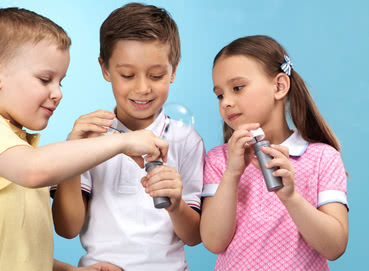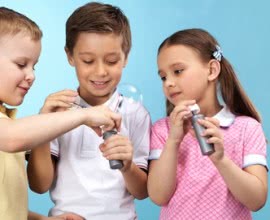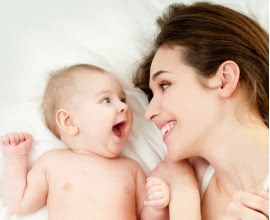Egg donation: A modern solution for a modern issue
Egg extraction and donation is a type of fertility treatment that helps women who cannot conceive, have difficulty conceiving or wish to preserve their eggs for later conception. Modern societal trends have been shifting the average age of conception further and further, and egg donation helps offset the threat to fertility this development has made by extending our biological limits.
Every year approximately 100’000 women have their eggs harvested. A percentage of those harvest the eggs for their own use: either for fertility treatments, or to freeze their eggs to ensure they have access to high-quality, healthy eggs at a later stage. The other percentage donates their eggs to be used by other recipients.
Generally speaking egg donation is mostly used for women who have no ovaries, produce low-quality eggs or were born without eggs. Women above the age of 35 often have trouble conceiving; as they age so do their eggs. With declining quality of eggs fertility becomes a serious issue. Some women also suffer from early menopause, leaving women with barely any time to have children.
Egg donation can come from either the mother herself or a donor, if it is the case that the intended mother is unlikely to conceive using her own eggs or has none, or potentially if the women and her partner are likely to pass on a genetic disease.

Egg donors are not easily found. They are always screened for infectious and genetic diseases insuring that the children will not contract any unforeseen problems at any stage of their development.
It is preferred if not required for the donor to be in her twenties, physically fit, healthy and with no history of drug or smoking abuse.
Most of the time the donor will remain anonymous, unless agreed otherwise. The donor also undergoes a mental health screen check to examine any pre-existing psychological issues and ensure mental stability.
The actual extraction process, whether from a donor or from the mother herself, involves the aforementioned examination, followed by hormone therapy. This is mostly to match the donor and recipients’ reproductive cycles. The donation lasts from 3 to 6 weeks.
The donor receives several injections of FSH (follicle stimulating hormone). This makes the ovaries prepare mature eggs for release. The actual procedure is done under anesthesia and lasts around 20 minutes.
After extraction the eggs are either frozen -- if the donor is the mother herself for later use, or the eggs are to be stored – or they are immediately fertilized, monitored, and prepared for insertion into the recipients uterus.
Czech Republic is one of Europe’s leading countries in egg donation. Its liberal laws and culture make egg donation a non-stigmatized issue and it is one of the countries with the highest amount of donations per year in Europe. This means that Czech Republic has one of the most experienced bases of medical professionals in the fertility and egg donation field, which is exemplified by its growing number of high-class fertility clinics. One of these highly professional and experienced clinics is the GYNEM IVF fertility clinic situated in Prague. The growing viability of medical tourism and security and professionalism of the GYNEM clinic will certainly suit your needs when it comes egg donation or fertility issues.











